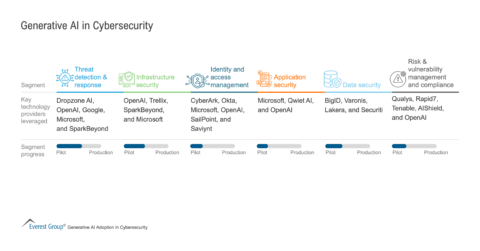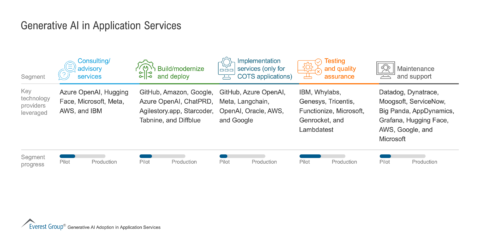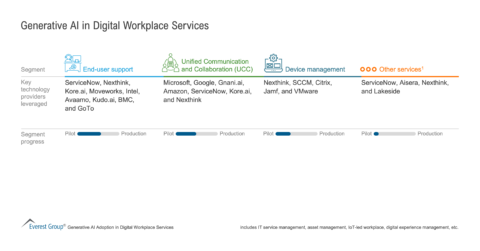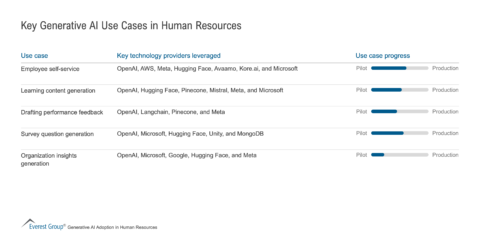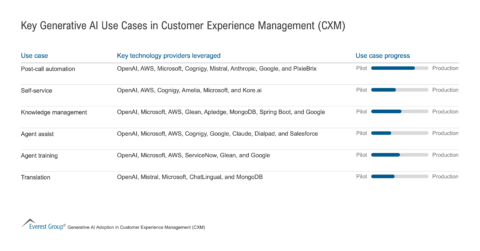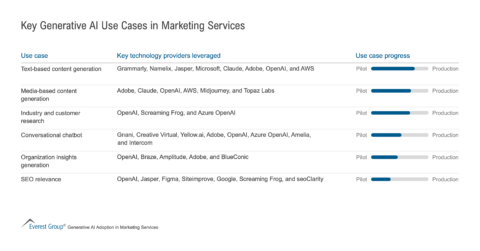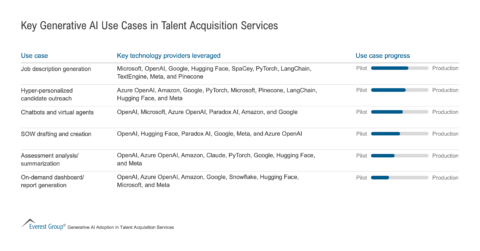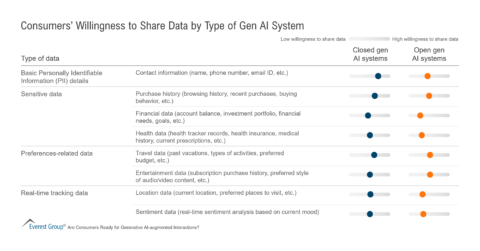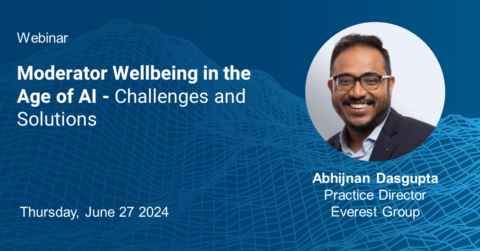Reimagine growth at Elevate – Dallas 2025. See the Agenda.
Filter
Displaying 61-70 of 146
Explore the Potential of Gen AI in BFSI GBS: Charting the Gen AI Path | Virtual Roundtable
Virtual Roundtable
1 hour 30 minutes
Moderator Wellbeing in the Age of AI – Challenges and Solutions | Webinar
June 27, 2024
Webinar
